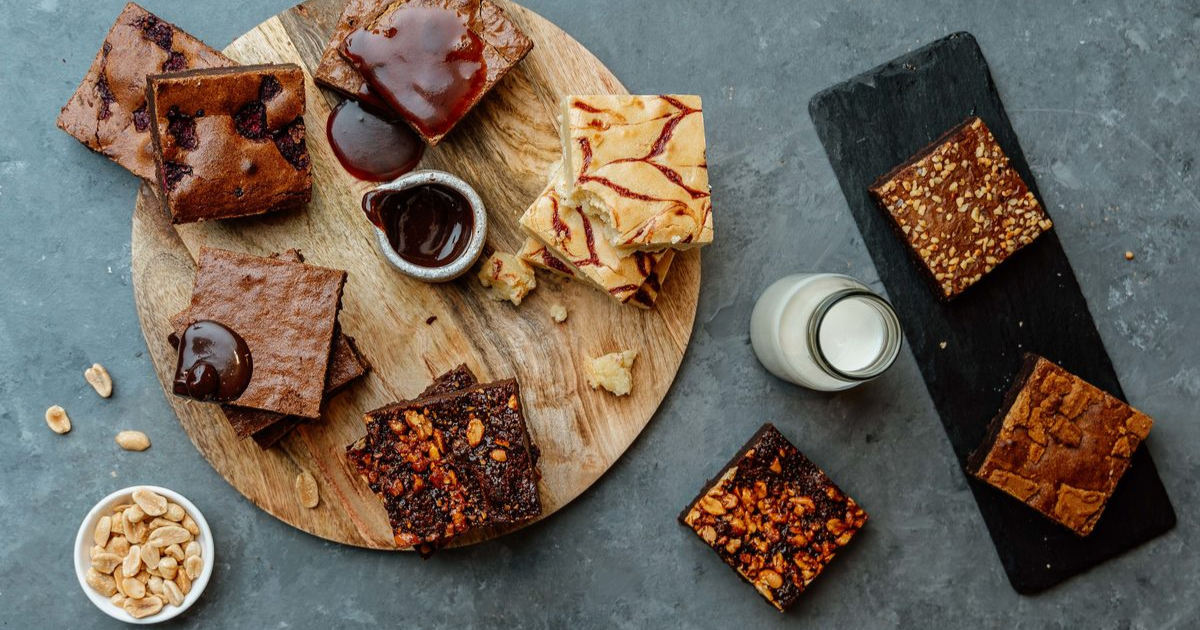An exercise in letting go
Feeling a loss of control is something experienced by many people during the pandemic as the world around us changed dramatically and we reassessed life as we knew it.
Hugh van Cuylenburg, bestselling author of The Resilience Project: Finding Happiness through Gratitude, Empathy and Mindfulness, was no exception to that experience.
During an interview this year, Hugh surprised himself by admitting he had been left feeling “utterly broken” due to ongoing lockdowns.
After taking the time to address his own feelings, he recognised he was being hamstrung by the same powerful issues that affect the lives of many: shame, expectation, ego, fear of failure, the quest for perfection and control, and our addiction to social media.
In his latest book, Let Go, the author explores how it is possible to create authentic connections, cope better during challenging times and rediscover joy.

Within the pages of Let Go, Hugh takes readers through an exercise in surrendering and letting go of the things we can’t control.
“Ultimately, by doing the following exercise, I realised the virus was going to do whatever it wanted: history would take its course irrespective of my hand-wringing,” Hugh says in the book.
“I recognised that I needed to let go of the anxiety and accept reality: in other words, I had to surrender control.
“The second I did this, I felt better. The word ‘surrender’ quite literally means ‘to stop fighting’ and the very thought of no longer fighting COVID-19 filled me with an instant sense of calm.”
With a new year approaching, it would seem an apt time to let go of lingering worries and concerns by trying the following exercise:
・Write down all the things that cause you ongoing stress, worry and anxiety
・Put a line through the things on the list that are out of your control
・Circle the items you do have control over
・Devote your energy and concentration to solving the problems in the circles
・The problems with lines through them are still on the page – they don’t go away – but there is nothing you can do to make them change so you just have to let them go.

Hugh advises if any of the remaining problems prove too hard to let go of in that moment, it is worth subjecting them to a four-question process American writer and speaker Byron Katie calls ‘doing the work’.
“In my case, the fear was that COVID-19 had changed the world forever and my children’s lives would be adversely and permanently affected,” he says.
Hugh says he ‘did the work’ and asked himself the following:
1. Is it true?
2. Can you know absolutely that it is true?
3. What happens when you react to this thought?
4. Who would you be without this thought?
His answers:
1. Maybe.
2. Not really.
3. I feel anxious, sad and hopeless.
4. I’d feel like myself again: calm, joyful and full of hope.

“I am only too aware that life sometimes hands us circumstances that seem too big or too painful to simply let go of; that no amount of vulnerability or the ceding of control can change,” Hugh says.
“Life’s lottery means many people may never feel ‘calm, joyful and full of hope’.
“But I have seen that even in the depths of immense human suffering, letting go of control can alleviate pain.
“So why not give it a go?”


















